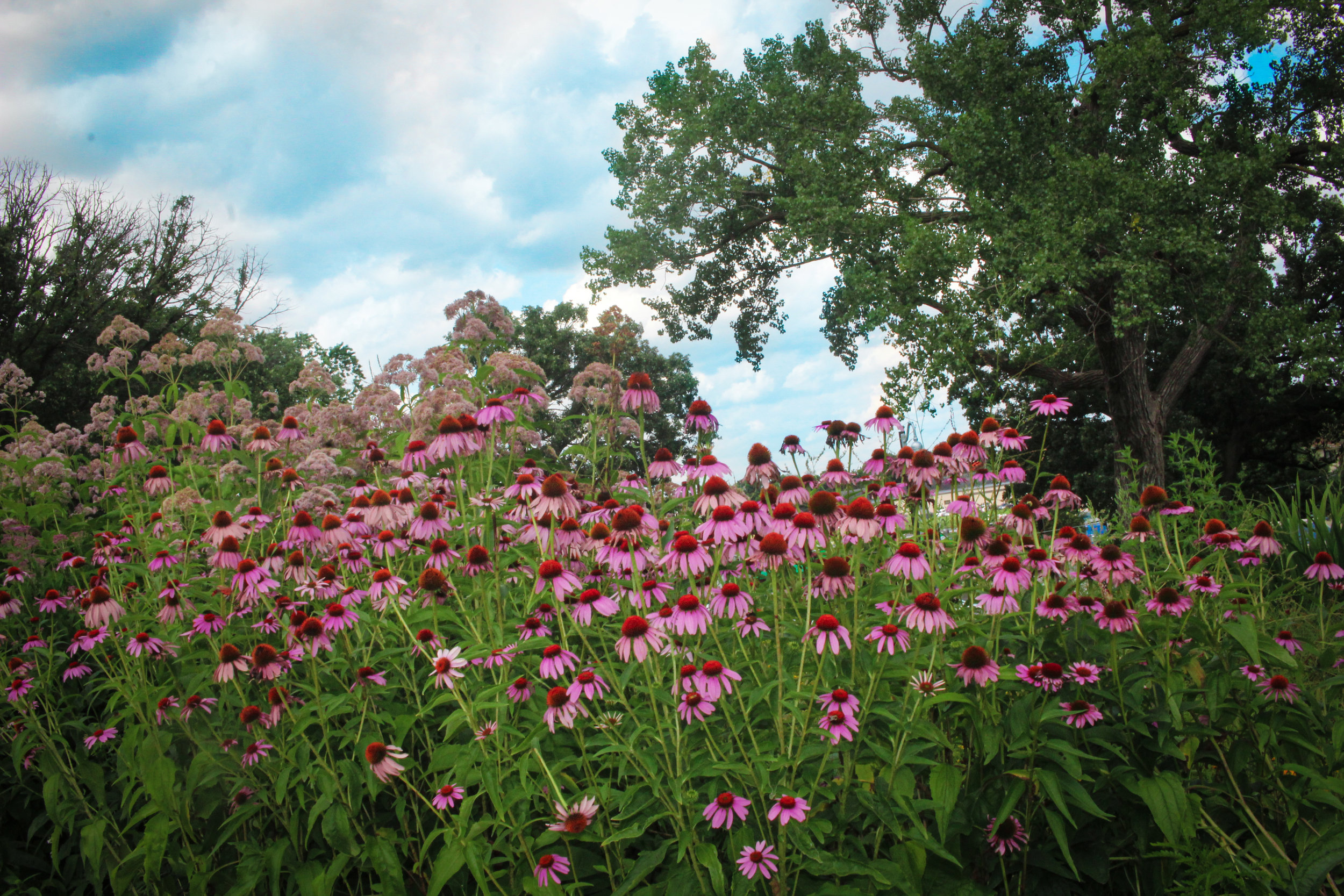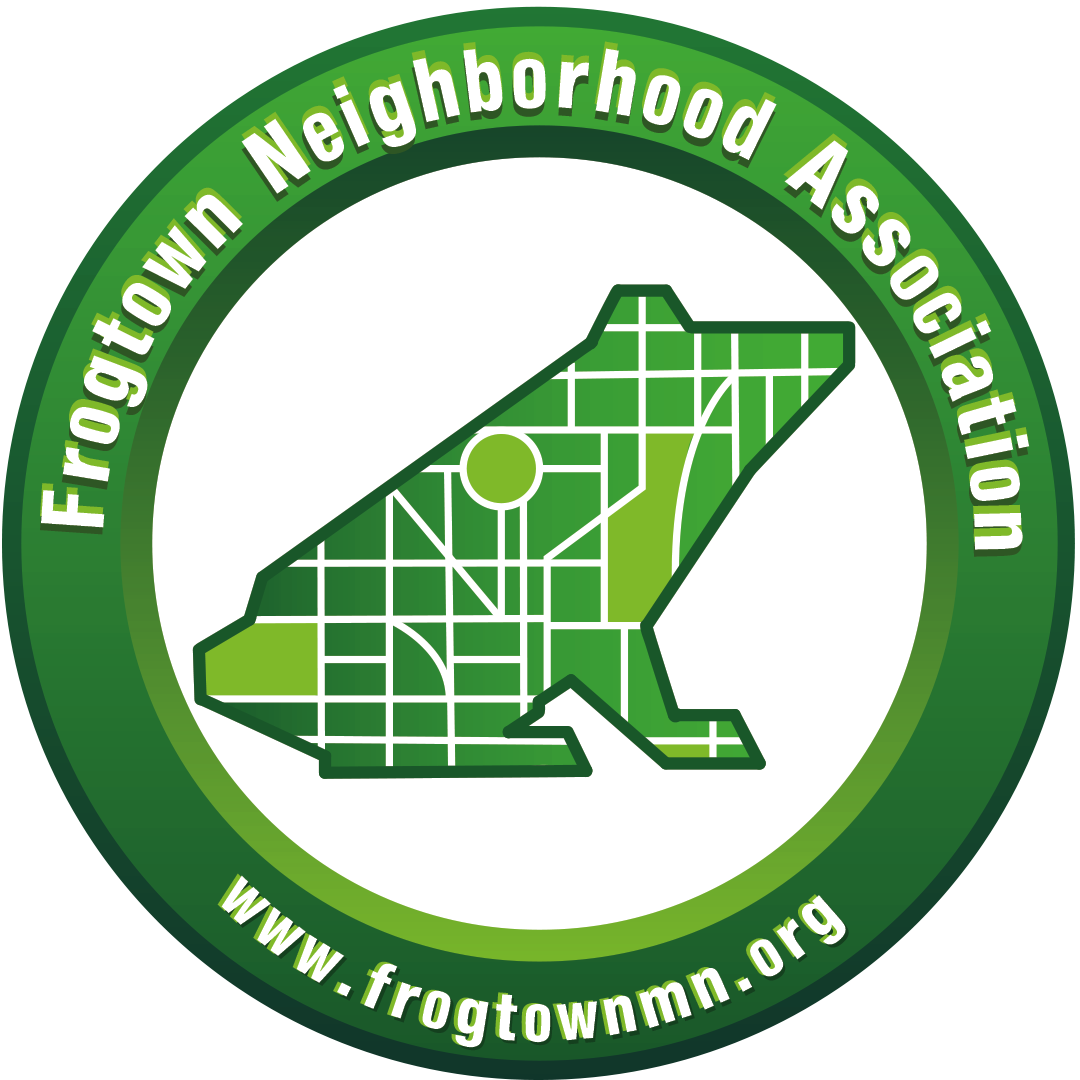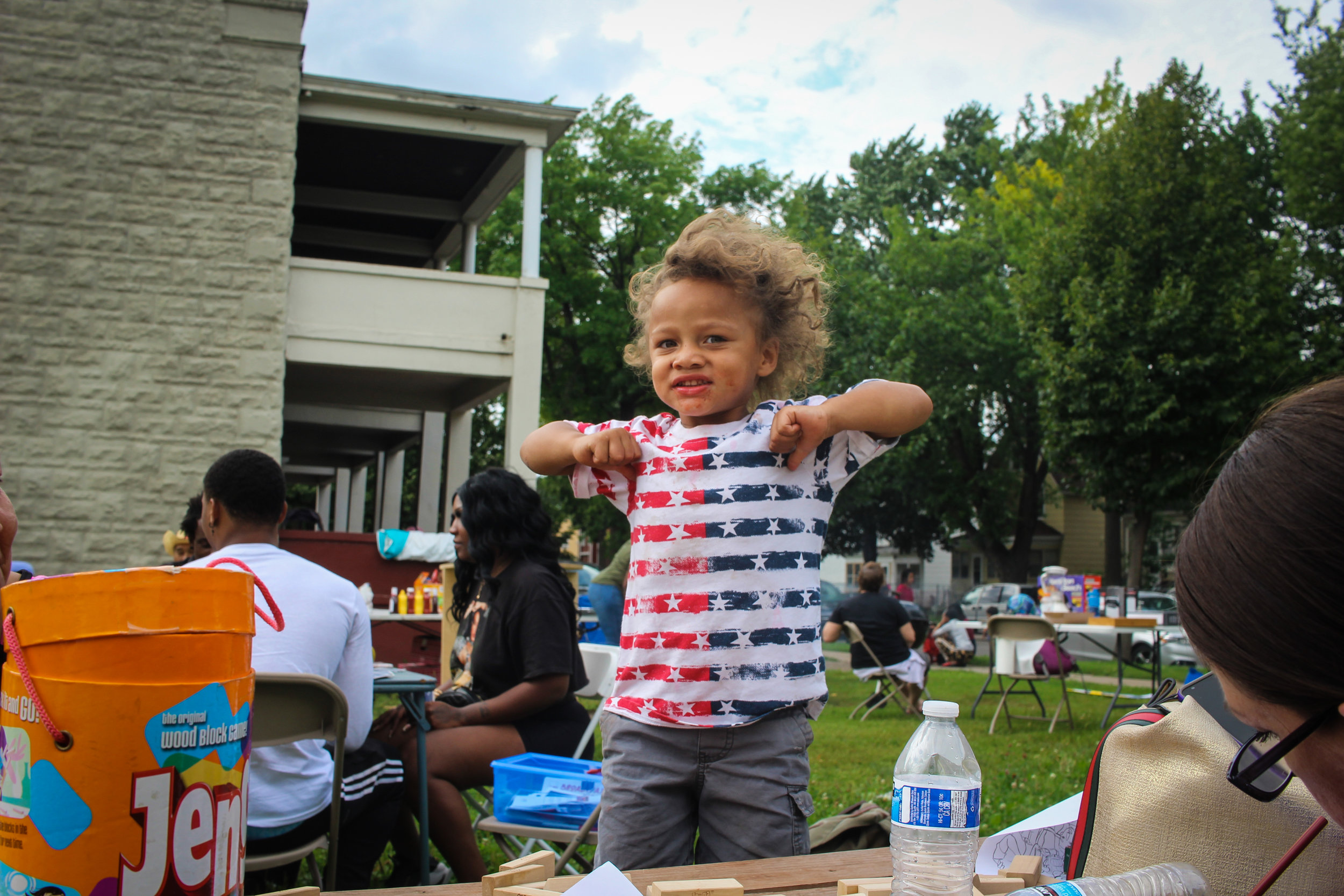
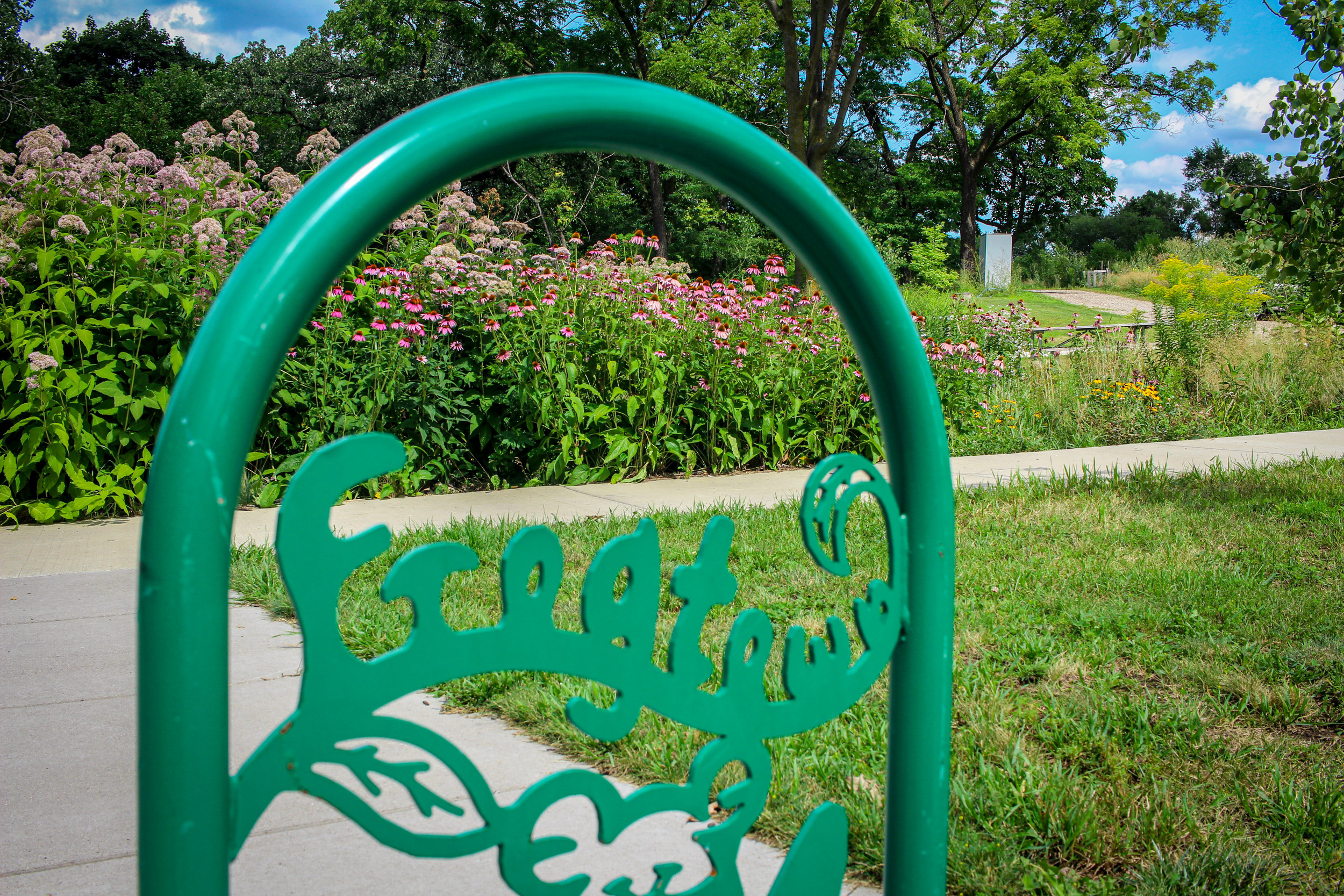
Philosophy
FNA aims to correct unjust patterns within Frogtown through grassroots initiatives created by community for community.
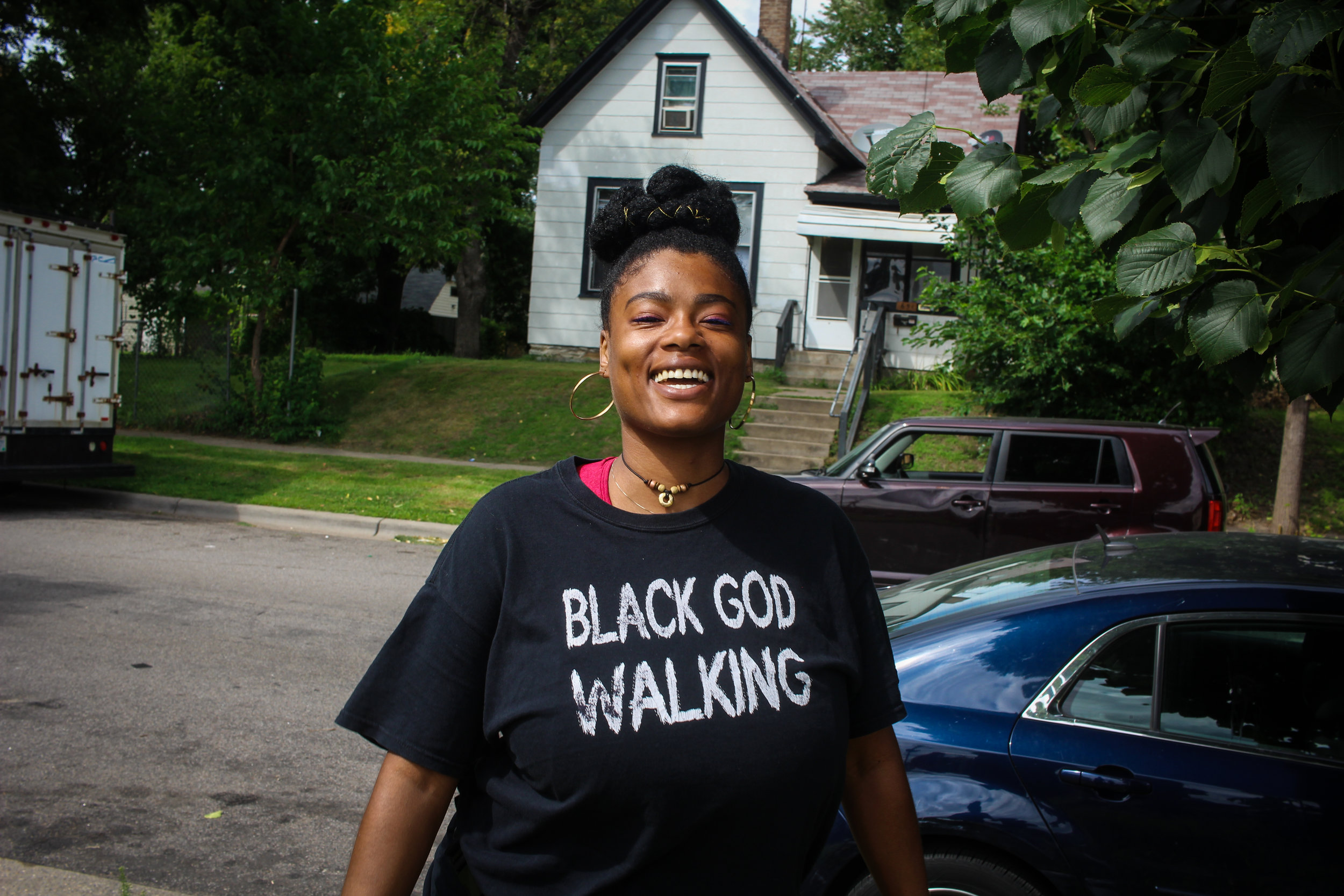
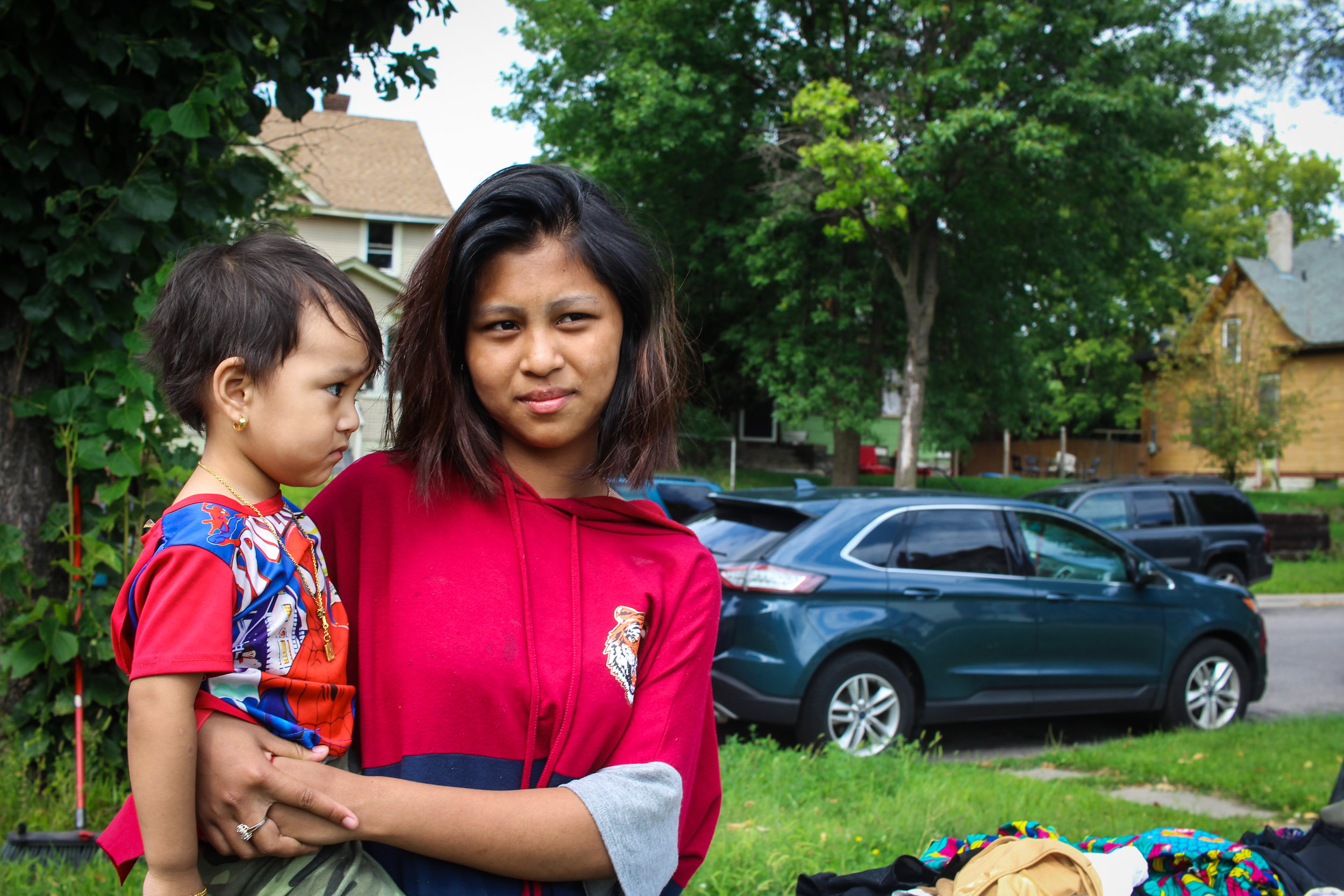
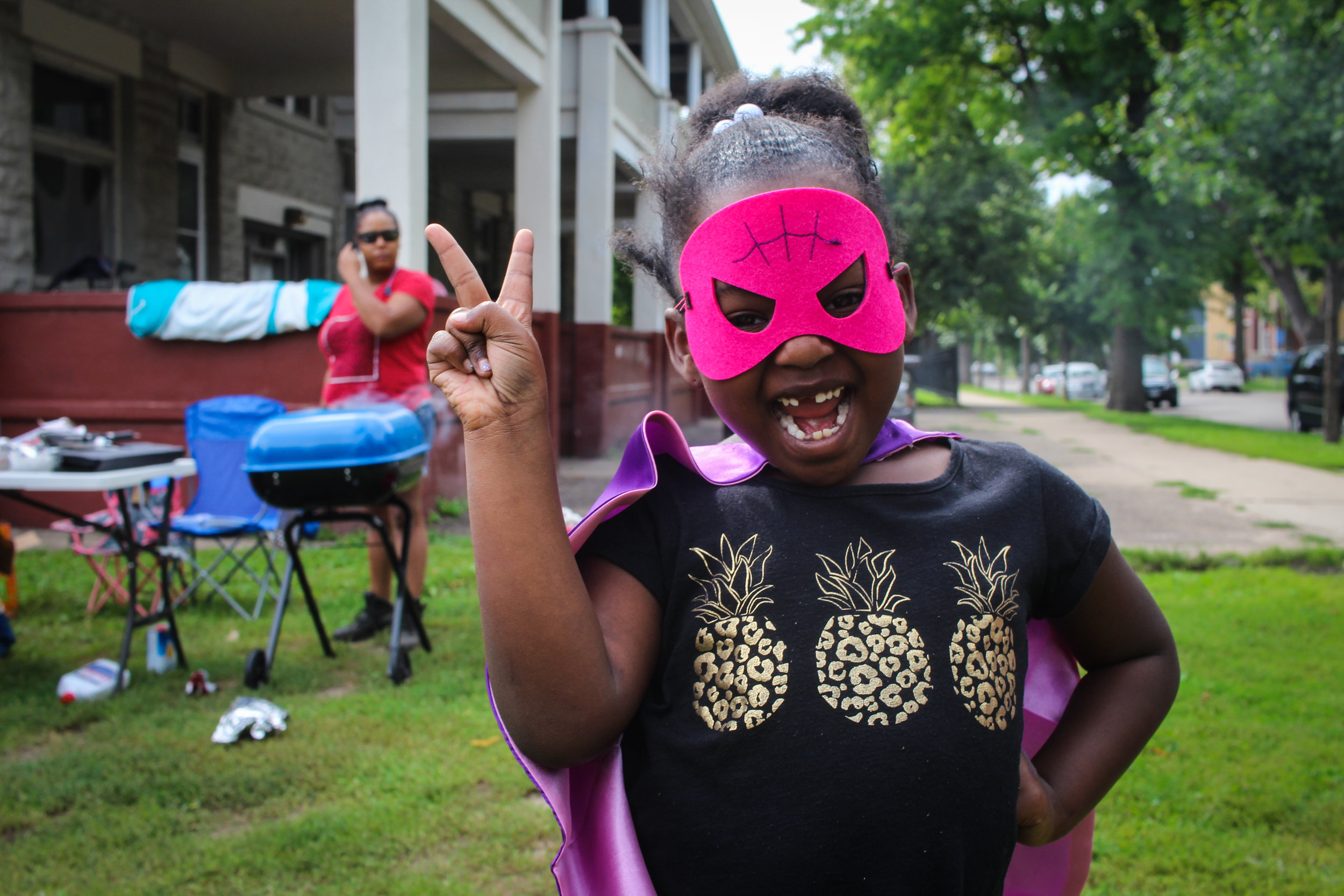
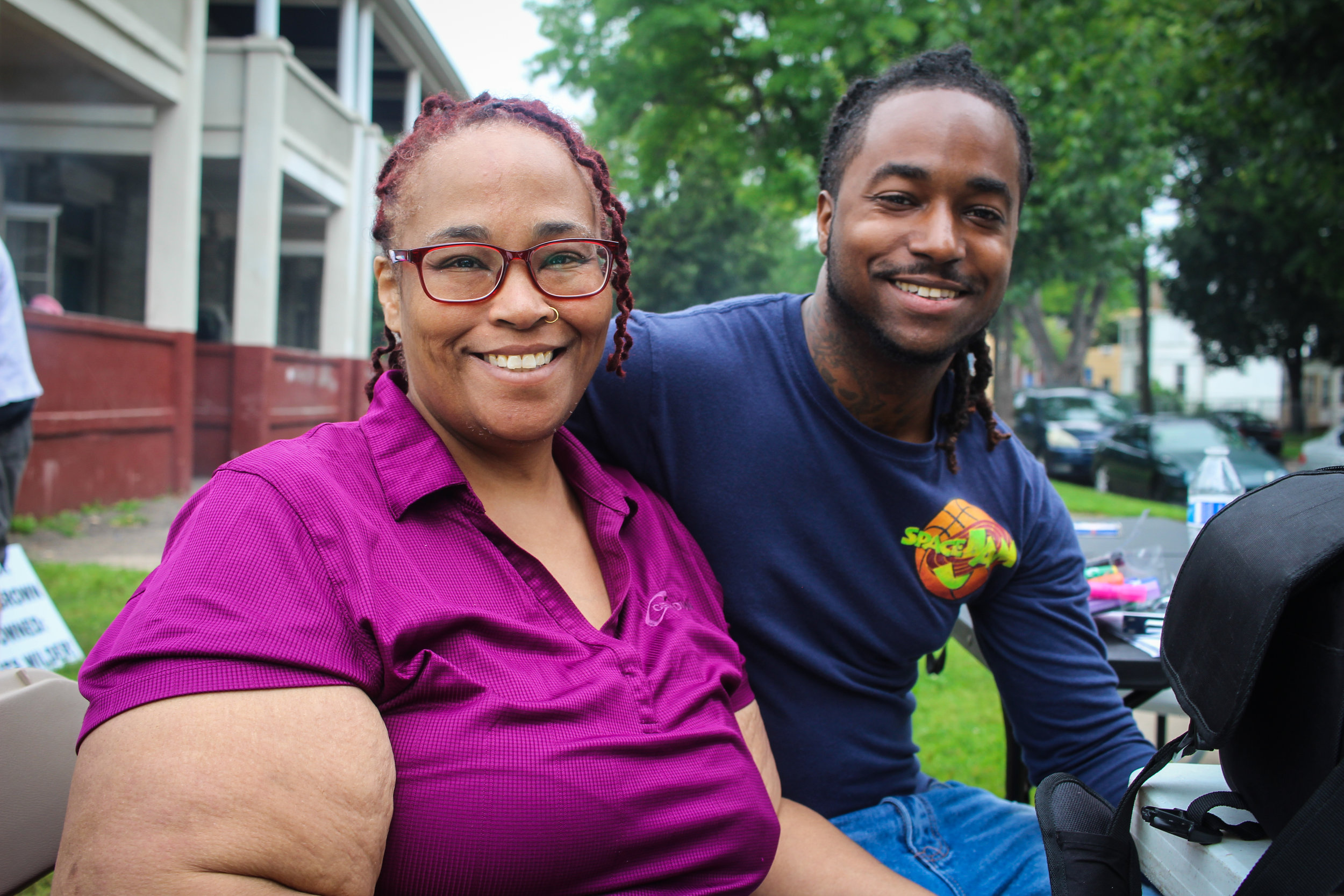
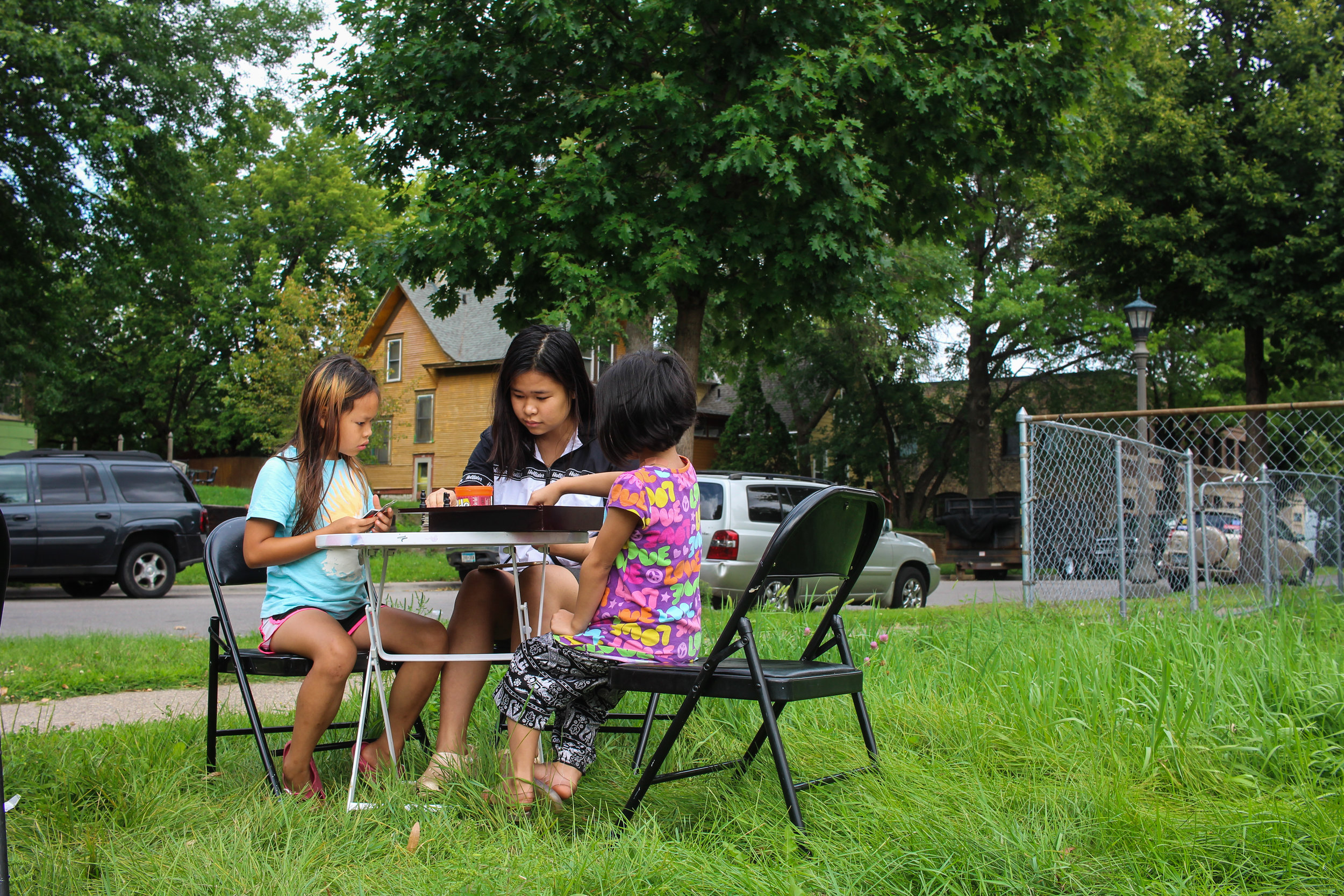
Initiatives
Victoria Theater
Victoria Theater in comprised of collection of community leaders that envision a vibrant neighborhood where the arts welcome, heal, transform and build power for the people of Frogtown and Rondo. The vision for the future of the Victoria Theater Arts Center is captured through authentic community engagement.
Frogtown Neighborhood Association’s Role:
Partnered with a local land bank to purchase a historic structure on University Avenue for an arts project.
Successfully fundraised approximately $300,000 for initial project work.
Supported a community-driven vision and implementation plan for an Arts Center.
Worked with neighborhood leaders to launch an independent nonprofit to finance the project.
Supplemental Income Program
In response to the pandemic, the Frogtown Neighborhood Association (FNA) quickly adapted its focus on DWD, identifying properties vulnerable to new development or those previously partnered with FNA. As a result, six scattered sites were established for meal distribution:
King's Crossings
Liberty Plaza
Selby Commons
Wilder Square Cooperative
Rivertown Commons
Como Place Apartments
At these locations, resident leaders who live in the complexes receive what we term 'supplemental income' in the form of a gift card. This is distributed every Tuesday following the meal distribution.
Wealth Creation Strategies; FNA's emerging work
In the Frogtown Neighborhood Association (FNA), work is being redefined as a placemaking strategy that actively resists gentrification. A fundamental cornerstone of any community or village lies in the unspoken respect and relationships with local vendors, including store owners and 'Mom and Pop' shops, which mirror the character and diversity of the neighborhood's residents.
Lexington Library
The last city-owned lot on University Avenue in the Summit-University neighborhood, located at 1080 University Avenue, has garnered significant attention. The Frogtown Neighborhood Association (FNA), along with community members and partner organizations, advocated to the City’s Planning and Economic Development Department for meaningful community engagement regarding this parcel. This lot, being the final publicly-owned property in the Rondo neighborhood, holds special significance. In recognition of this, FNA introduced the concept of a Community-Driven Request for Proposal (RFP). This initiative is dedicated to supporting the economic empowerment of the black and brown community, with a focus on preserving and promoting generational wealth.
Saxon Ford
The last city-owned lot on University Avenue in Frogtown is the site known as the Saxon Ford site, located on the northwest corner of Galitier and University. In 2016, the Hmong American Partnership was designated as the tentative developer of the site by the City's Housing and Redevelopment Authority, with plans for an elder living facility following a community-based engagement process. However, for six years, the site remained vacant with no development. In July of 2020, the Frogtown Neighborhood Association (FNA) requested that a new Request for Proposal (RFP) be issued for the site and that the seven-year-long tentative developer status be revoked. FNA aims to ensure that a Community-Driven RFP is developed and used to guide the future of the site and its relationship to the Frogtown community.
Frogtown Radio (WFNU)
WFNU is a community low-power broadcast radio station licensed to Saint Paul, Minnesota, serving Frogtown and much of Saint Paul on 94.1 MHz. The station has a hyper-local focus on the Frogtown community and surrounding neighborhoods. Programming is varied, with multiple genres of music to local talk with community members.
Frogtown Neighborhood Association’s Role:
Successfully applied to the FCC for a low power FM radio station.
Recruited neighbors as local programmers, offering training and support.
40 active programs running weekly on WFNU, Frogtown’s radio station.
Supported WFNU’s move to independence as its own nonprofit organization; Frogtown Tuned In.
Feeding Frogtown
For families on a tight budget, transportation and cost can be barriers to healthy food, and fresh produce often gets bypassed in favor of cheaper, easier-to-access meal options. With the help of Second Harvest and other local partners, the Frogtown Neighborhood Association is seeking to solve this problem through Feeding Frogtown.
Frogtown Neighborhood Association’s Role:
Stepped up when all food programs suddenly closed down.
Hired a community expert to help develop the program.
Through partnership with St. Paul City School found a permanent home.
Supported Frogtown Farm and Feeding Frogtown by purchasing Farm’s hyper local produce.
Created a unique weekly distribution model that feeds 400 families a week.
Preserve Frogtown
Since 2012 Historic Saint Paul and Frogtown Neighborhood Association have partnered in Preserve Frogtown, a partnership to honor and celebrate the rich cultural and architectural heritage of this working class neighborhood through housing and creative community-building activities.
Frogtown Neighborhood Association’s Role:
Created a model development process to save culturally important properties from dilapidation or demolition.
Fully rehabilitated 4 culturally significant homes; sold 1 to a Frogtowner.
Worked to sell another duplex with alley house to a local business owner.
Frogtown Creative Arts Festival (Frogtown Arts festival)
The Frogtown Creative Arts Festival was birthed out of our community’s need to celebrate the creativity and talent of Frogtown residents. Every fall, FNA enlivens an empty lot to showcase the amazing talents of artist and entrepreneurs who live right here in Frogtown area.
Frogtown Neighborhood Association’s Role:
Developed an annual Arts Festival where local artists of all genres and disciplines are highlighted and compensated for their art.
Local bands, vocal artists and poets perform for approximately 300 attendees.
Builds a new narrative based on assets of our community.
Wilder Cooperative
Frogtown Neighborhood Association’s Role:
Worked with resident leader, Mr. Walter Battle, and other resident leaders to save 163 units in the last black and brown owned housing cooperative in the state from a predatory real estate investor.
Supported the creation of a new Board of Directors to strengthen the Cooperative.
Working with the Cooperative to build a strong budget to ensure the longevity of the housing community.
“Community is much more than belonging to something; it’s about doing something together that makes belonging matter.”
Brian Solis
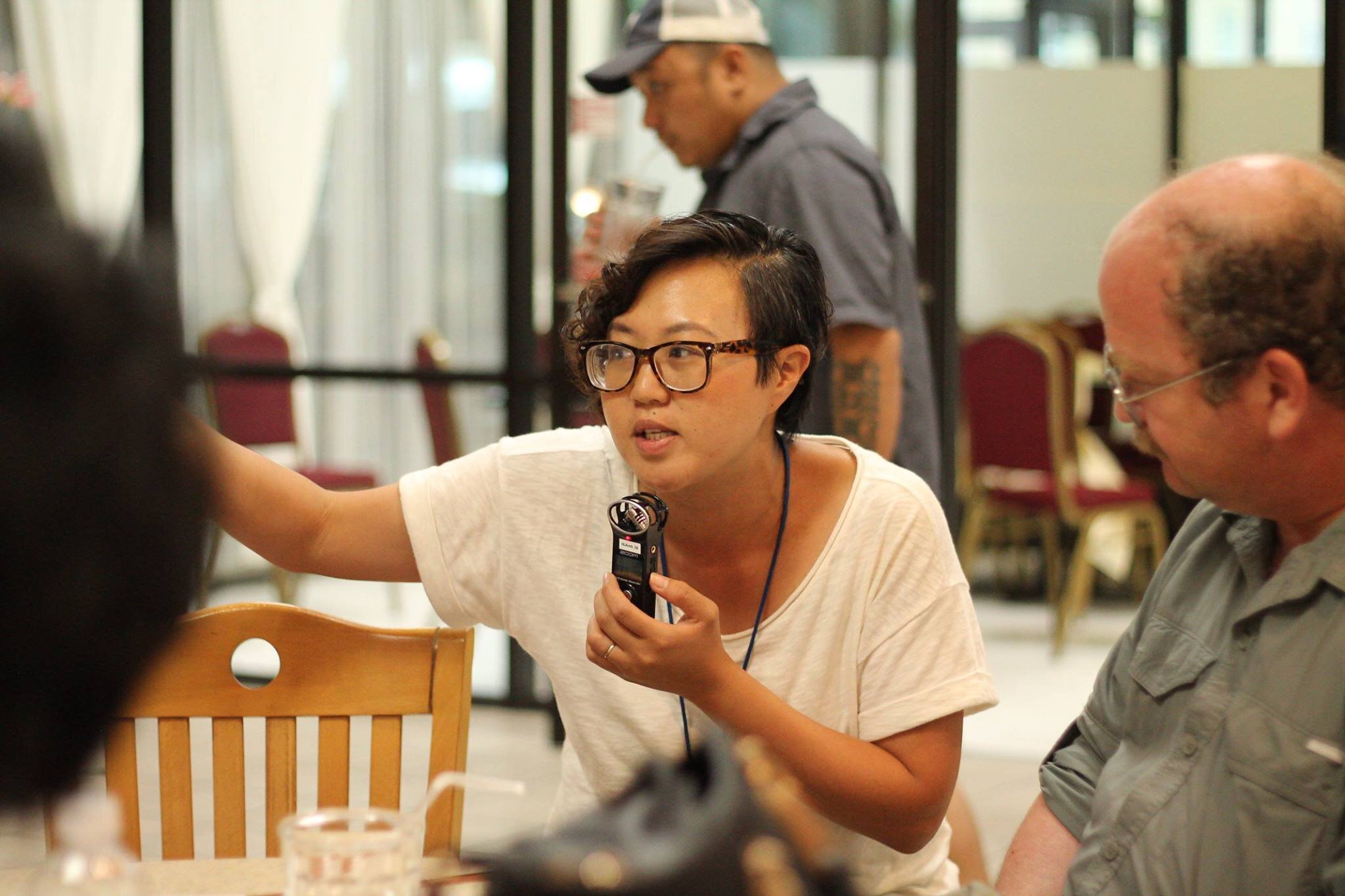
Accomplishments by Year
2020-2024
Started Feeding Frogtown, assisted its growth with community leaders and foods.
Serburne Collective, Recreating a building for families versus demolition.
Environmental justice and more. Job opportunity available
2019
Frogtown Co-Directors Tia Williams and Caty Royce, regional leaders on equitable housing policy, invited to speak for CURA Gentrification Research and Policy Forum.
2018
Co-Director Tia Williams chosen as speaker at Equity in Place Regional Funders Briefing with Dr Lisa Bates
Frogtown awarded a highly competitive Neighborhood Partnership Initiative grant to support Wilder Co-op organizing efforts.
Frogtown chosen among 2 organizations selected every year to be highlighted in Neighborhoods Now Day of Action Tour.
Frogtown leaders key speakers at brown-bag workshop with executive leadership of Nokomis East Neighborhood Association on building a more representative neighborhood association.
Frogtown Small Area Plan featured in City Lab, Star Tribune, Springboard for the Arts, Fox 9, MPR News, and Twin Cities Pioneer Press.
2016-2017
Frogtown awarded a highly competitive Artist Neighborhood Partnership Initiative grant supporting their work to create a community-centered Small Area Plan
Frogtown Organizer Danielle Swift accepted into and graduated from Neighborhoods Now 3 month training program
Frogtown Neighborhood Association and CURA Co-developed and Co-Facilitated a Leadership Training for District Councils on Building Representative District Councils

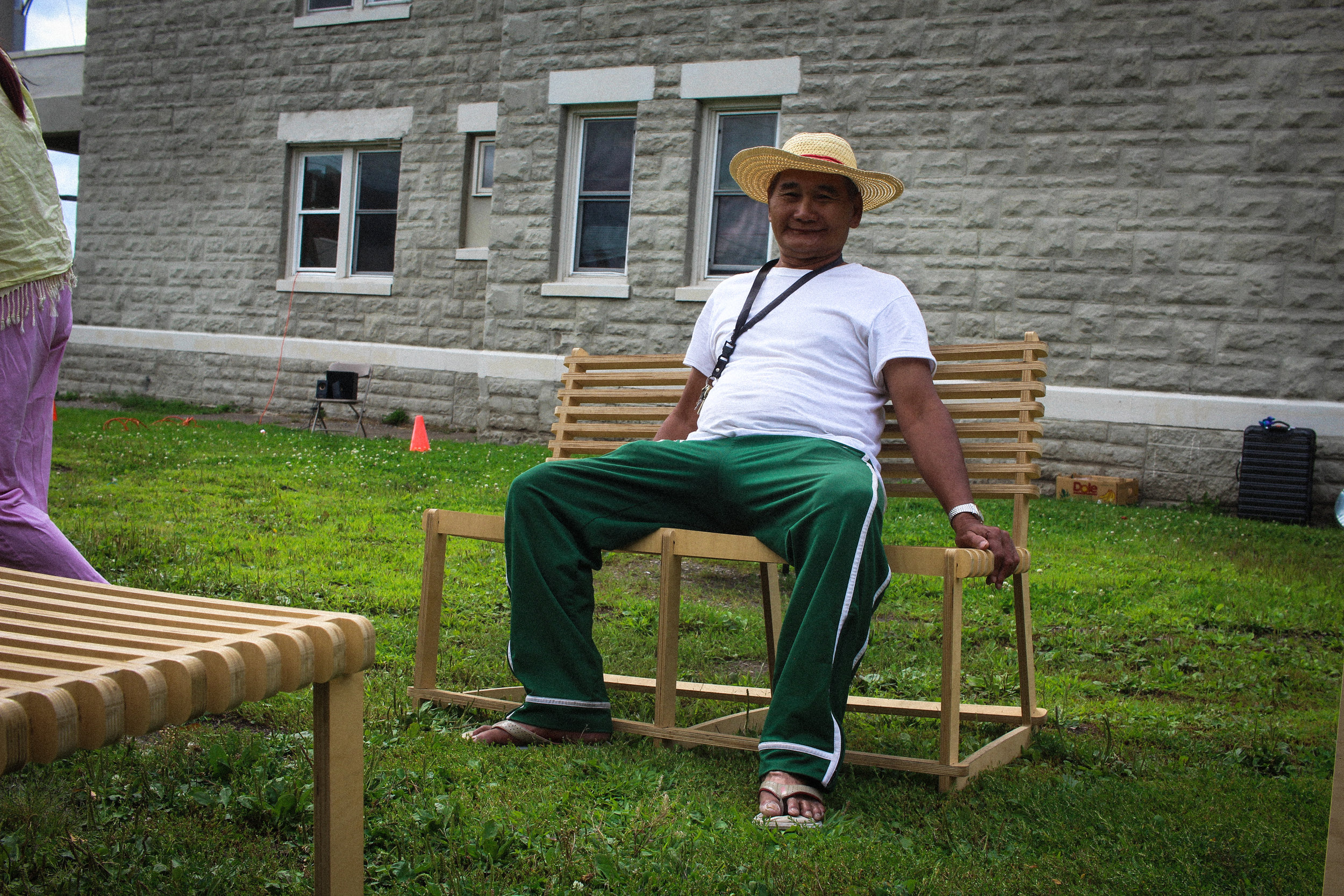
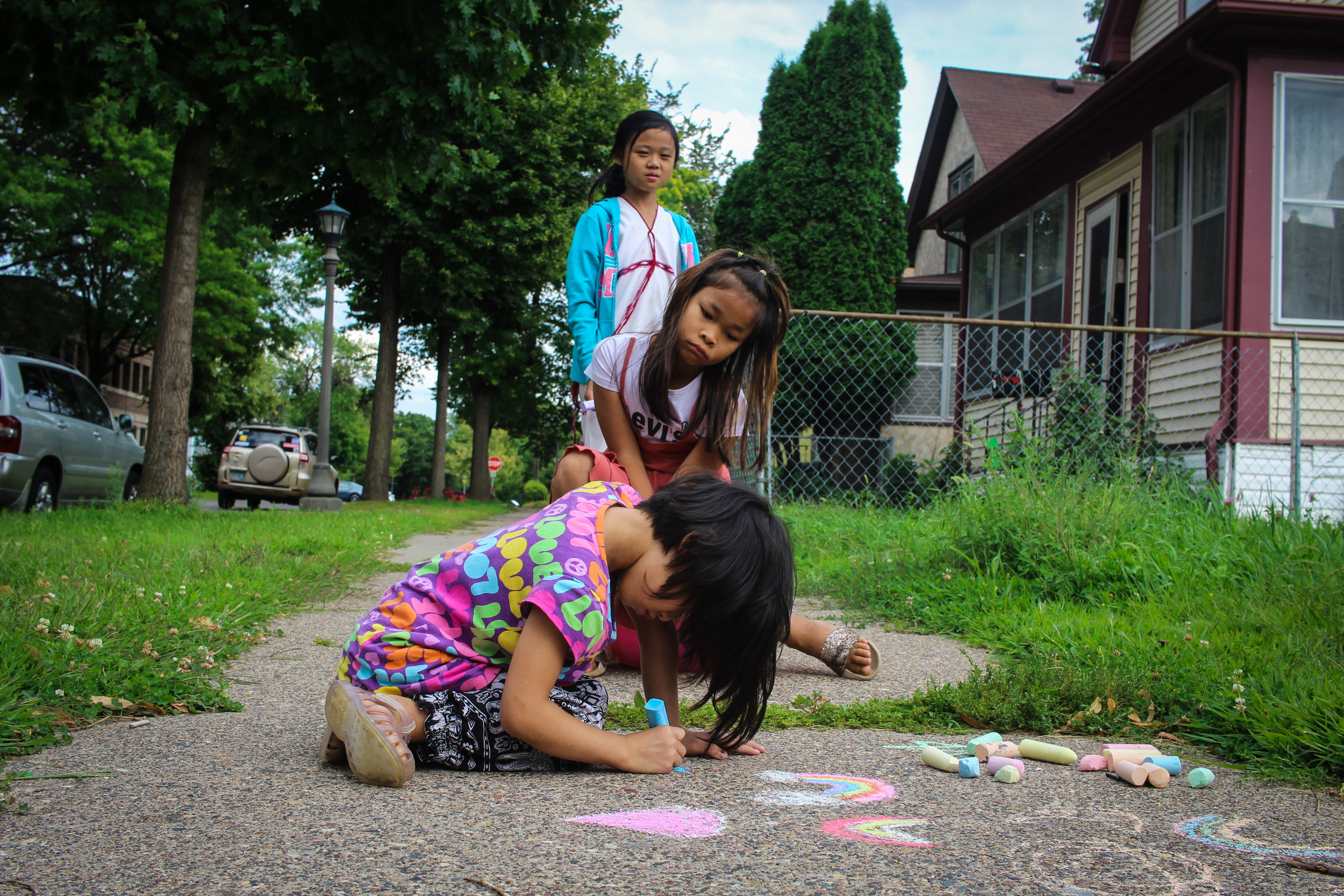
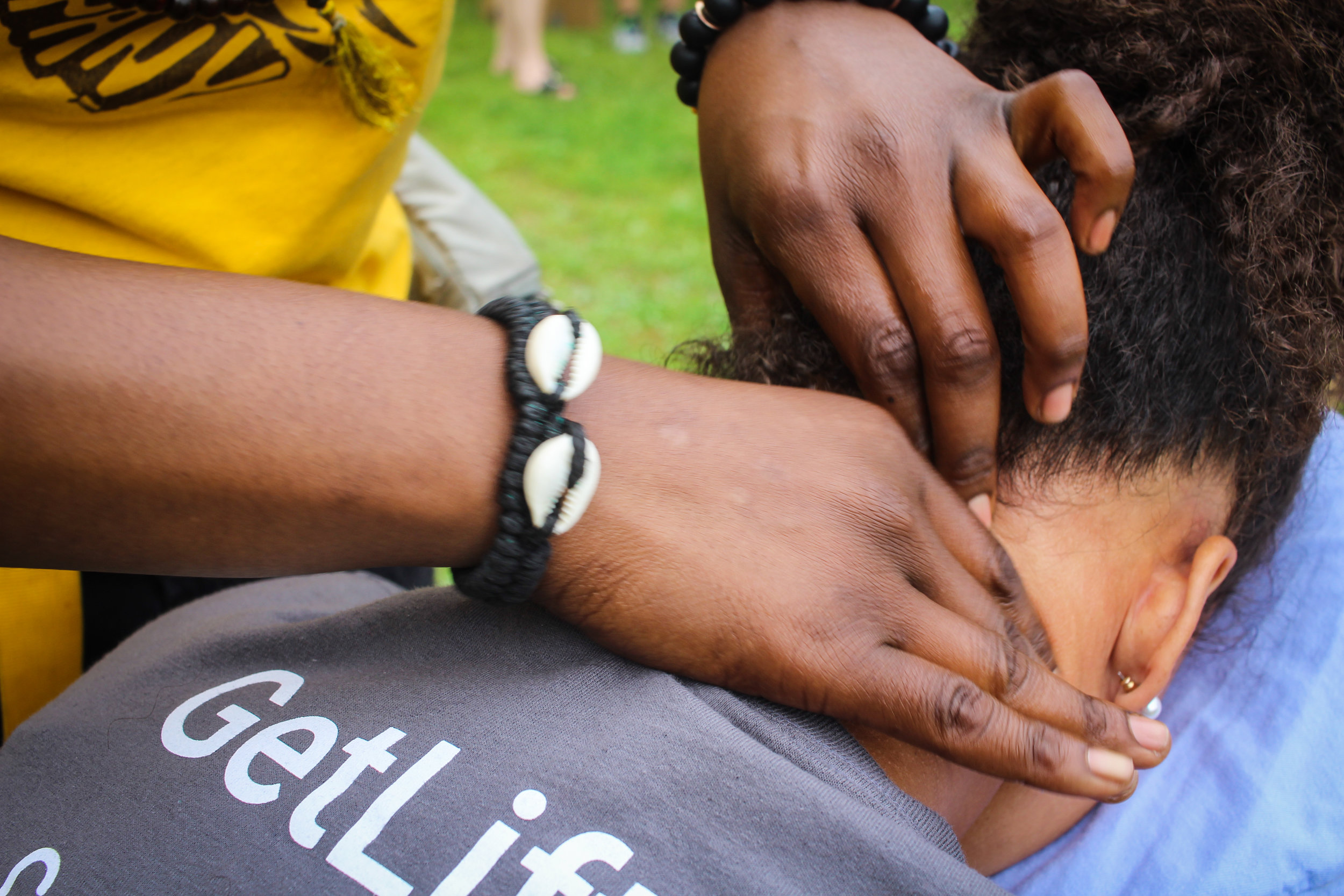
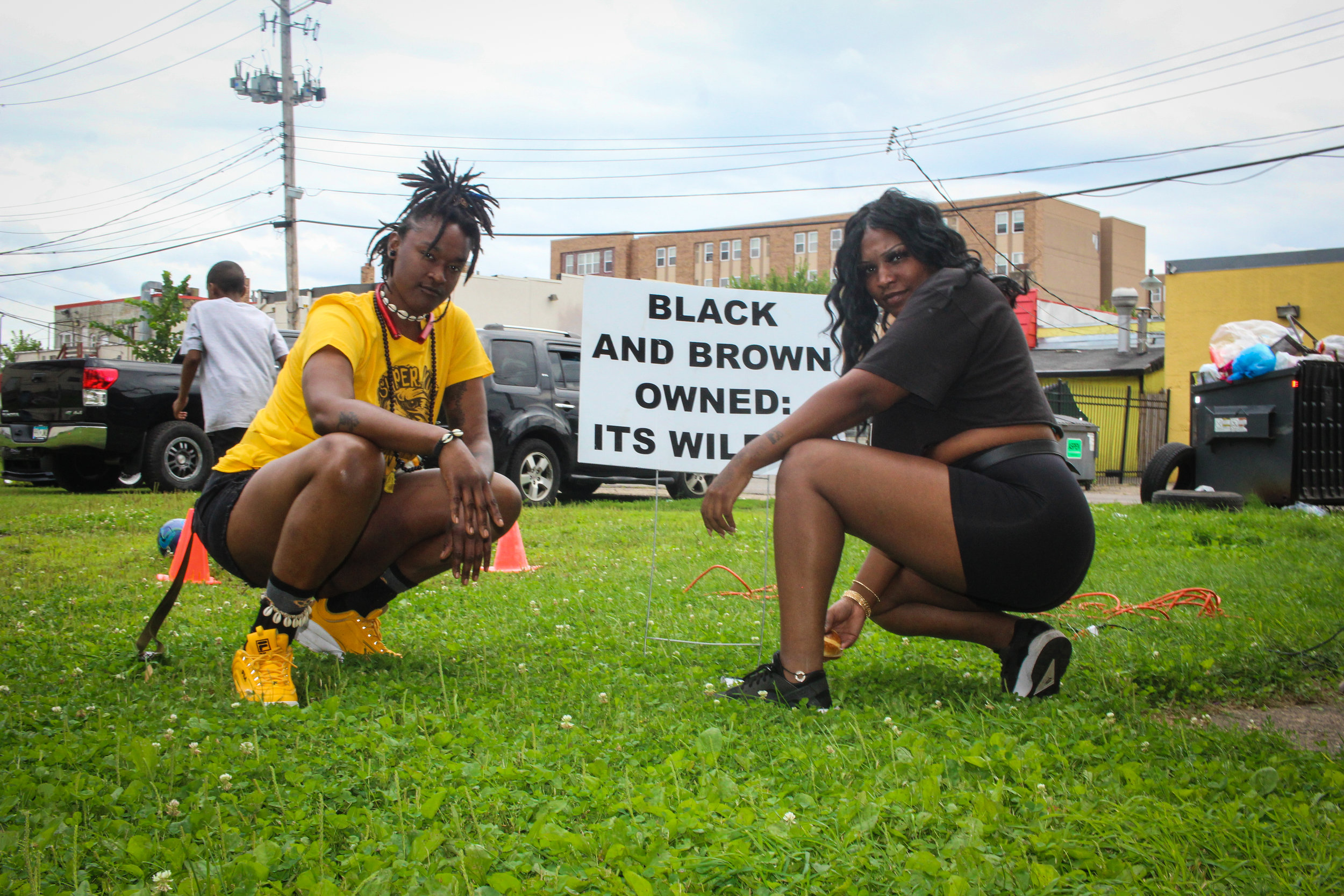
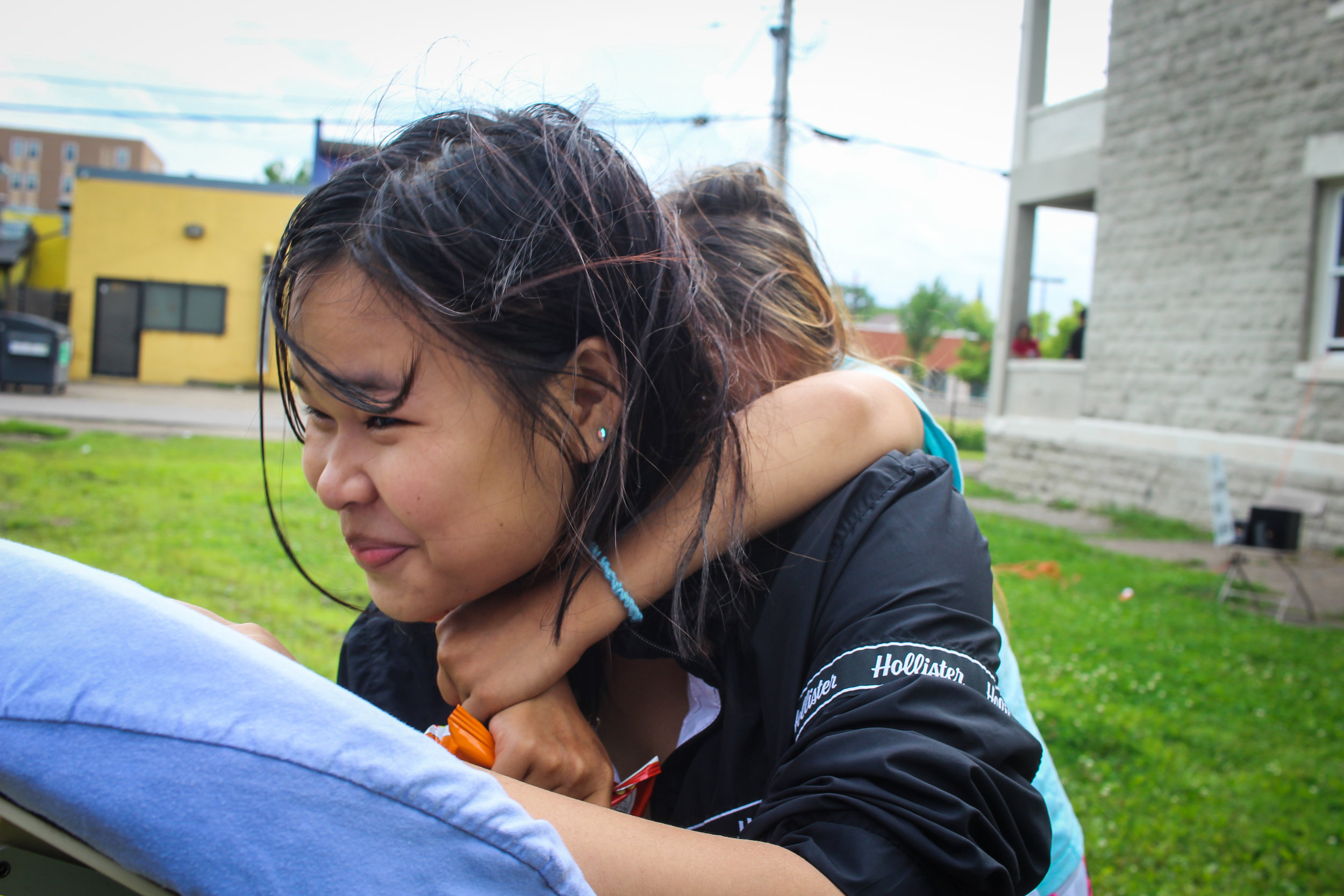
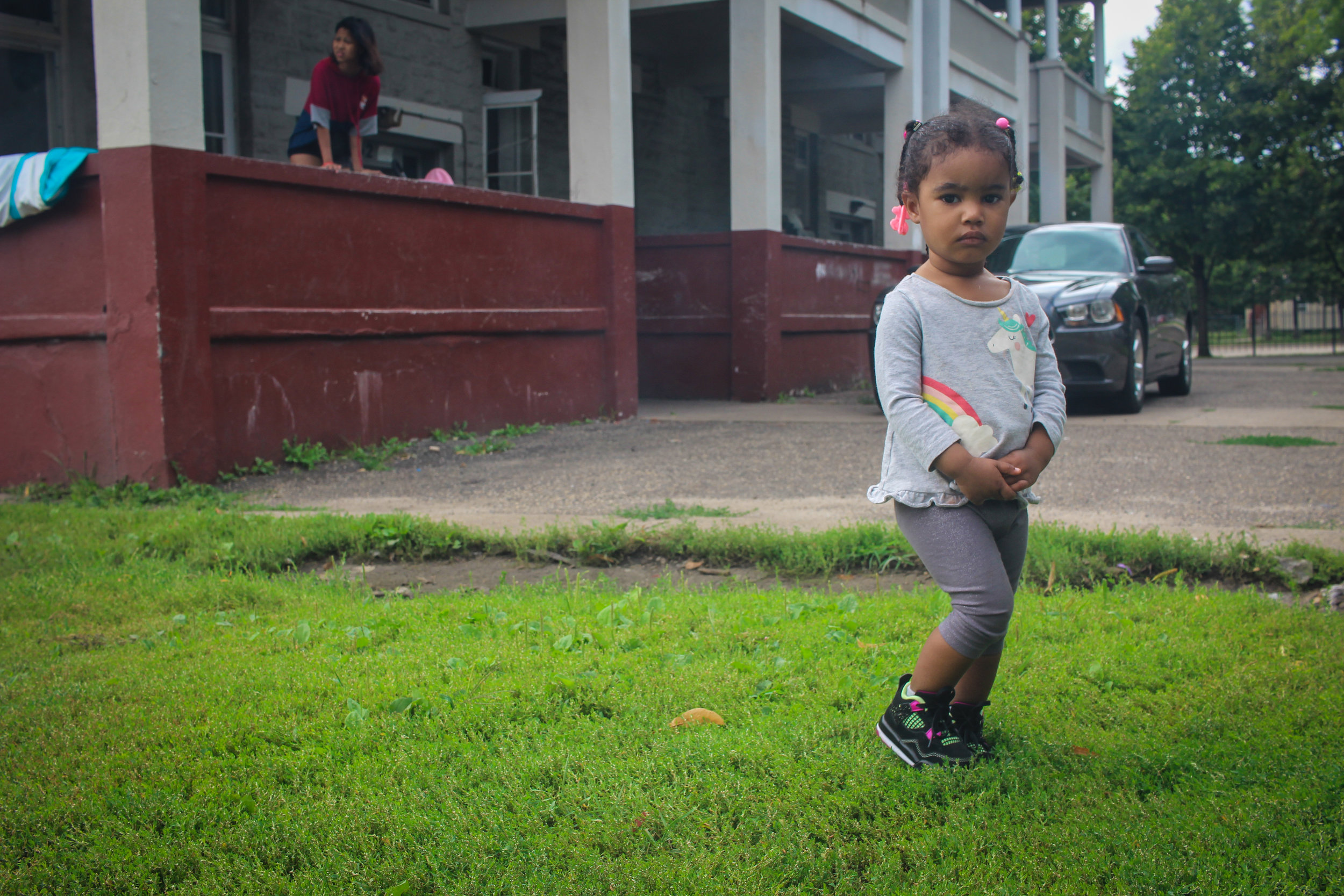
Ready to help?
Volunteer
—
Donate
